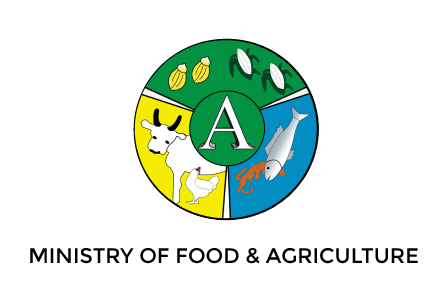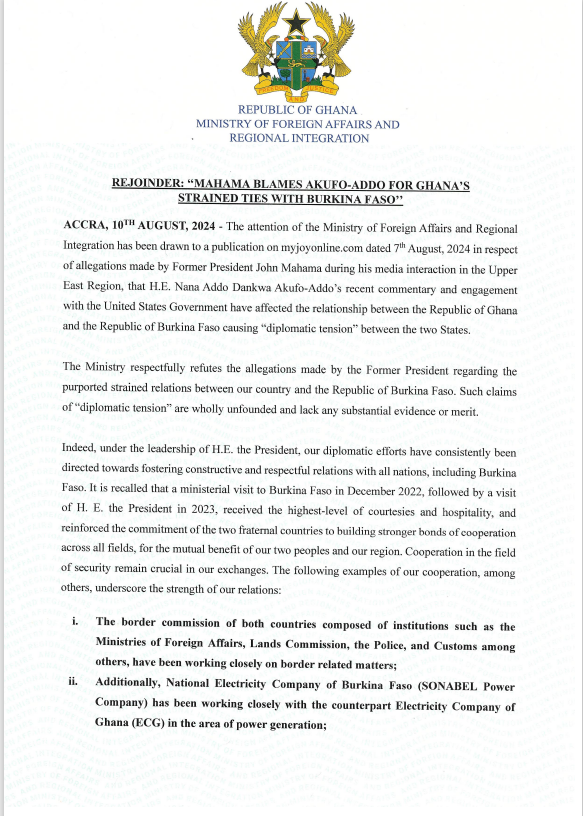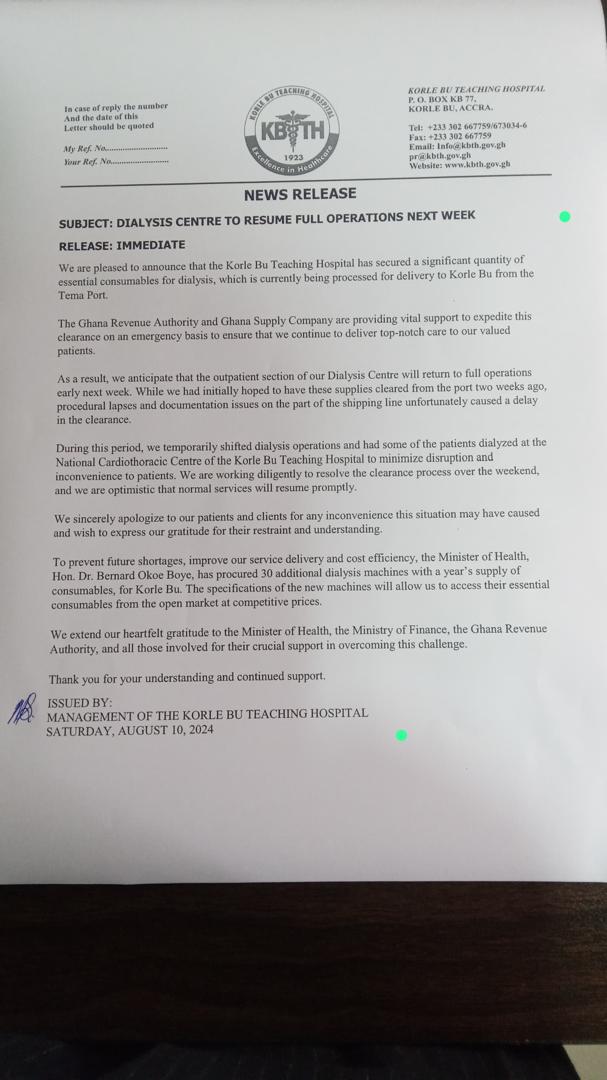
The Ministry of Food and Agriculture says it is in talks with the Ghana Standards Authority to deal with aflatoxins in the country.
Aflatoxins have led to the rejection of the country’s grain exported to European countries.
Aflatoxins are a family of toxins produced by certain fungi that are found on agricultural crops such as maize, rice, peanuts, cottonseed, and tree nuts.
Reports indicate that the country received 46 notifications of Aflatoxins in food commodities from the European Union between 2018 and 2019.
The Director of Research and Crops at the Ministry of Food and Agriculture, Mr. Seth Osei Akoto said the Ministry is among other things, embarking on some exercises to tackle the issue.
“As we speak, the Ministry is aware and we are partnering with the Ghana Standards Authority to come out with standards to guide our various stakeholders on how to handle the grains and I have an officer who is part of that committee trying to educate the farmers and extension officers on how to handle the grains so that moving forward the country will not be involved in that particular issue they are raising.”

“First of all, we need standards to guide all those exporters of grains outside the country. And that is the mandate of the Ghana Standards Authority but they cannot do it alone because they don’t have the background to some of the things we do at the ministry level. What we thought we could do is to partner as a team. We will also go round educating farmers and our special assistants at the district levels on how to handle the grains after harvesting so that those who are interested in export will not have that challenge again,” he said.
Gov’t places ban on export of leafy vegetables, others
This is not the first time the European Union is raising concerns with products from Ghana.
The Ministry of Food and Agriculture in 2019 placed an indefinite ban on the export of all leafy vegetables to the international market following concerns from the EU.
Capsicum (green/bell pepper), Solanum and luffa were also included in the ban which took effect on June 1, 2019.
In a statement signed by the Director of the Plant Protection and Regulatory Services Directorate, the ministry said the suspension was due to “the high level of local interceptions at the exit points.”
It also noted that “the alarming rate of external notifications, and the new EU directives to all countries to re-provide dossiers to the EU on the management of harmful organisms on some of the above vegetables.”
Ghana has had to contend with bans on vegetable exports imposed by the European Union.
The post MoFA to partner Standards Authority to deal with Aflatoxins menace appeared first on Citinewsroom - Comprehensive News in Ghana, Current Affairs, Business News , Headlines, Ghana Sports, Entertainment, Politics, Articles, Opinions, Viral Content.
Read Full Story
























Facebook
Twitter
Pinterest
Instagram
Google+
YouTube
LinkedIn
RSS